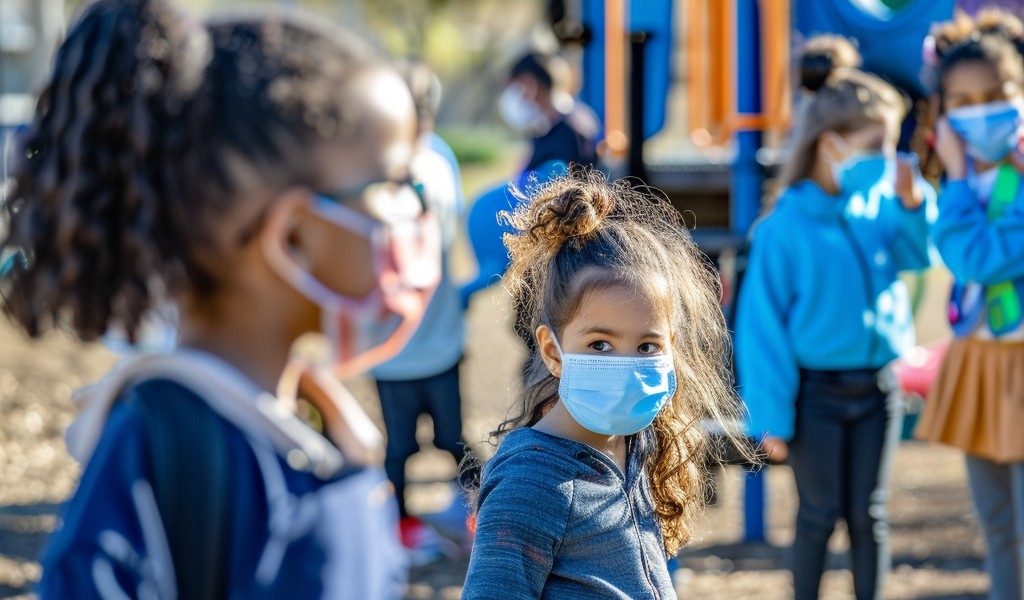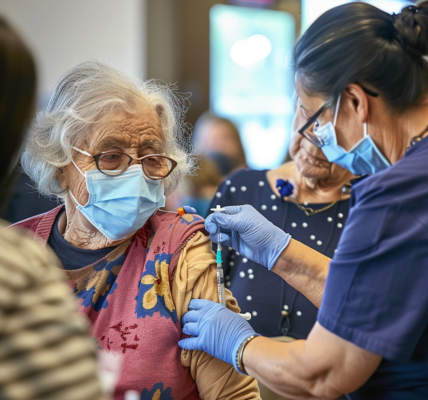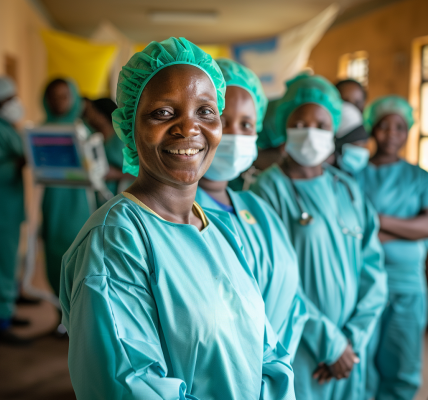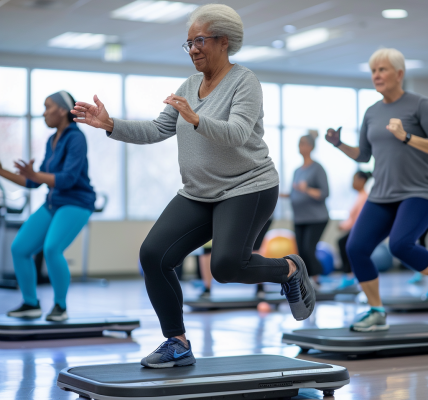More than four times the number of school-aged children are visiting NSW emergency departments for pneumonia than before the pandemic, prompting doctors to urge families to wear masks and social distance to help curb a wave of respiratory illnesses spreading across the globe.
Last week, 317 children aged between five and 16 visited NSW emergency departments with pneumonia, marking a five-fold increase compared to the last week of April 2019 when there were about 65 cases.
Associate Professor Philip Britton, a paediatric infectious diseases physician at The Children’s Hospital at Westmead, highlighted that the most common cause of pneumonia in school-aged children is the bacterium Mycoplasma pneumoniae, which thrives in crowded environments and can harm the respiratory system.
Since the first week of January, emergency hospital visits among five- to 16-year-olds have tripled, following a public health alert issued by NSW Health warning about the rise in admissions due to mycoplasma pneumonia.
While emergency departments may not always pinpoint the exact cause of a patient’s pneumonia without further testing, laboratory data from NSW and the eastern seaboard has shown a significant increase in mycoplasma cases among school-aged children.
Associate Professor Britton emphasized that mycoplasma pneumonia outbreaks typically occur every three to five years, with the 2024 surge appearing to be more severe than previous instances.
Although the link between contracting COVID-19 and an increased risk of other types of pneumonia is not fully substantiated, Britton suggested that the lack of exposure to common infections during lockdowns and social distancing measures could render many children more vulnerable to bacterium-related pneumonia.
He noted that while children require some level of exposure to infections for their immune systems to develop effectively, the restrictions imposed during the pandemic might have compromised their respiratory immunity training.





